
The author makes the case that restricting exports of scrap electronic devices would safeguard U.S. interests and protect informal recycling workers abroad.

The author makes the case that restricting exports of scrap electronic devices would safeguard U.S. interests and protect informal recycling workers abroad.
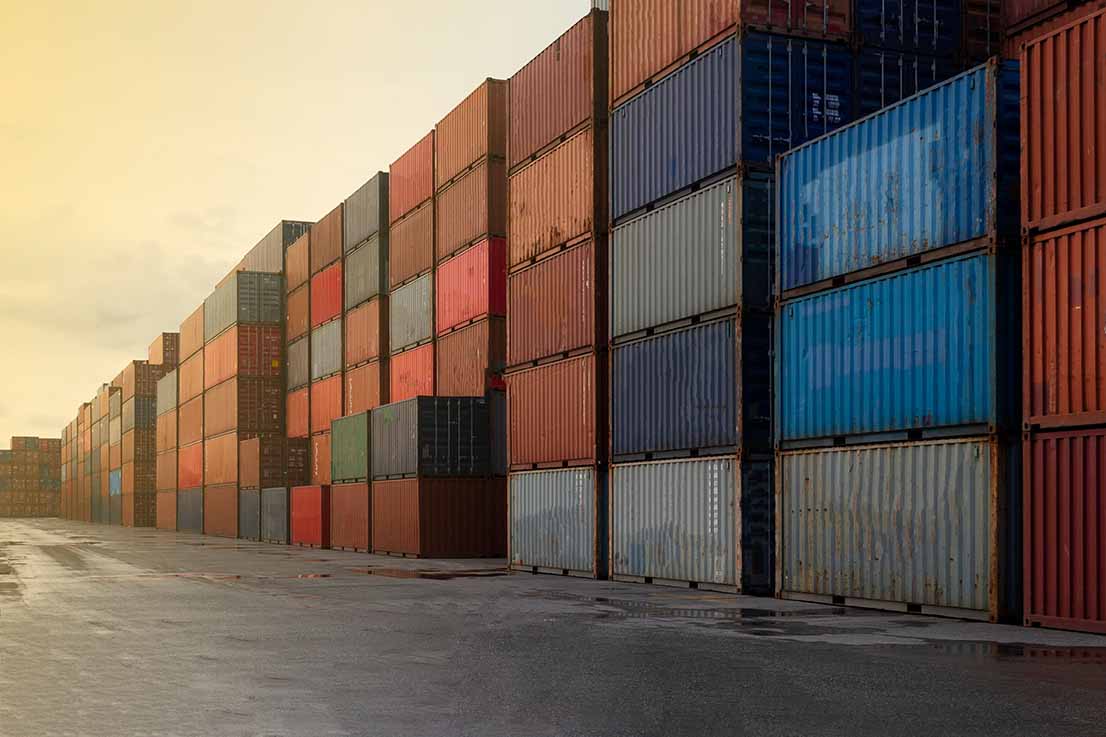
The author argues that the e-scrap exports prohibition being considered by Congress protects OEM profits by squeezing off feedstock for legitimate overseas repair and refurbishment. | Sutthisak Tasri/Shutterstock

A bill passed by the U.S. House prohibits the export of e-scrap, with a number of exceptions. | Dennis Diatel/Shutterstock
The U.S. House of Representatives passed the America COMPETES Act on Feb. 4, moving a restriction of e-scrap exports closer to becoming law than previous efforts achieved.
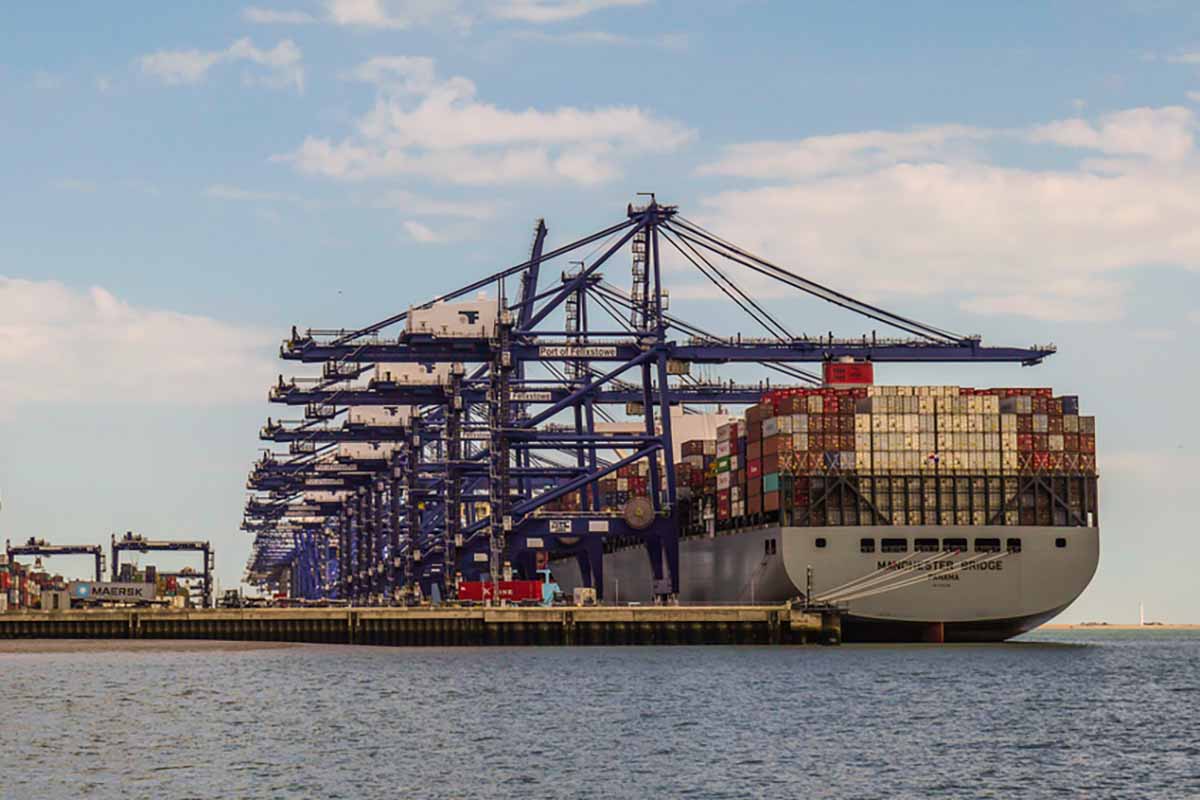
Lawmakers have included an e-scrap exports ban in the U.S. House version of the America COMPETES Act. | Jordi Prats/Shutterstock
This story has been corrected.
Two U.S. senators have reintroduced the Secure E-waste Export and Recycling Act as a tactic to push inclusion of e-scrap export prohibition text in the final version of the America COMPETES Act.
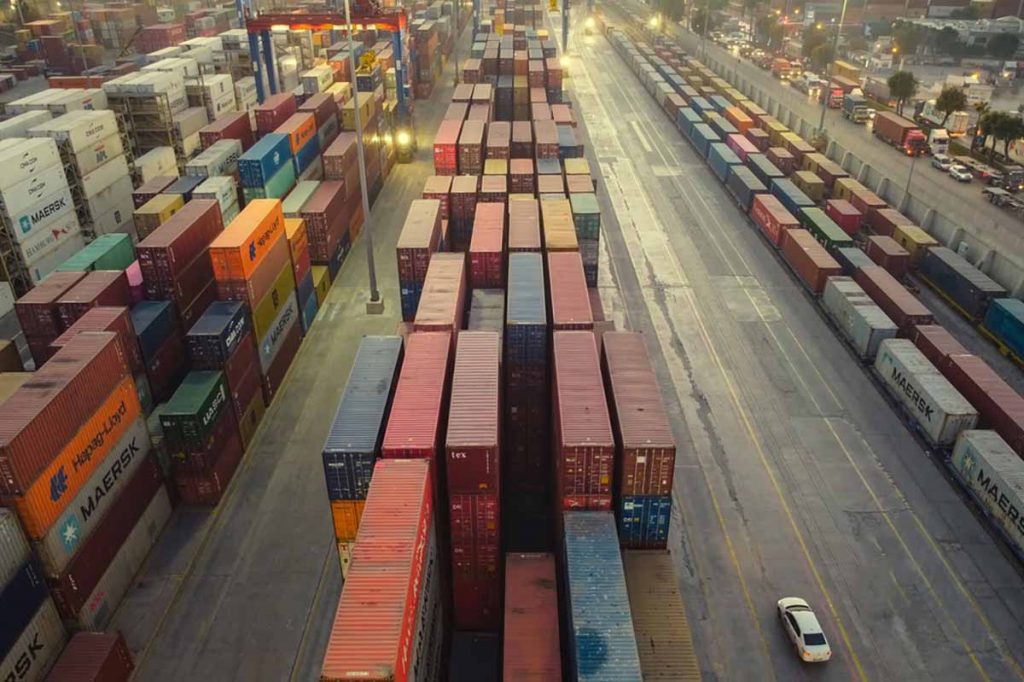
Updated tariff codes may help provide more specific detail of what e-scrap commodities are part of the export stream. | phil berry/Shutterstock
A newly adopted schedule of tariff codes provides more detailed categories for e-scrap shipments moving over international borders. The changes could usher in a more detailed look at U.S. exports of key e-scrap commodities.
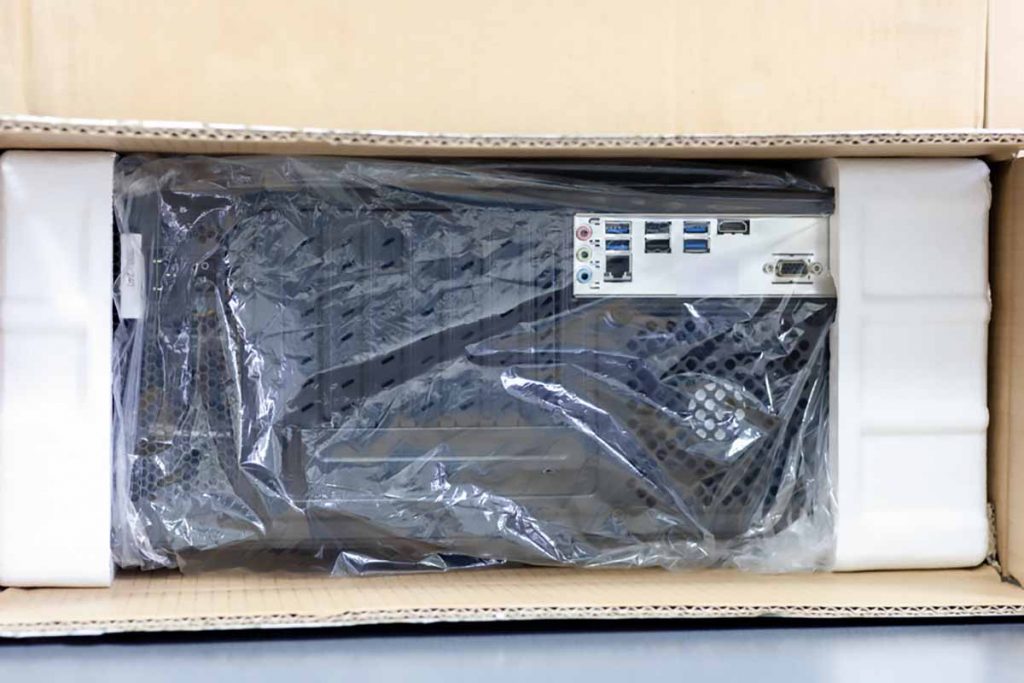
Gartner data shows the worldwide 2021 PC market had the highest shipment volume since 2013, at 339.8 million units. | monte_a/Shutterstock
Worldwide PC shipments declined in the final quarter of 2021, but overall the year saw nearly 10% growth.
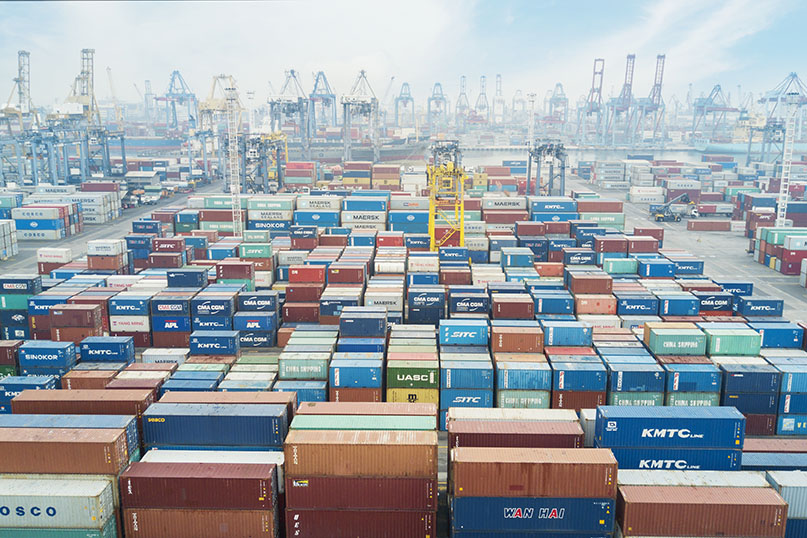
Global shipping constraints are impacting recovered commodities traders in unique ways. | Creativa Images / Shutterstock
Strife in the global shipping sector continues to impact North American recycling, with companies experiencing higher rates as well as decreased shipping availability and reliability.
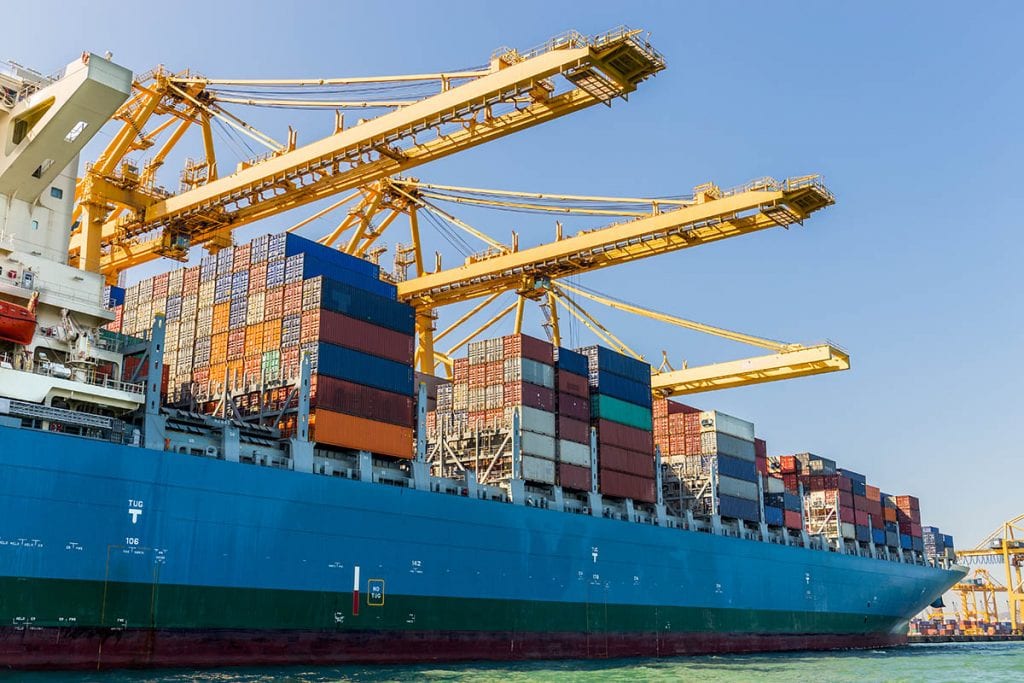
The head of the Institute of Scrap Recycling Industries says the group has worked closely with officials in countries around the world to ensure that exported materials meet high quality thresholds. | peresanz / Shutterstock

The leader of the Basel Action Network responds to a position taken by the Institute of Scrap Recycling Industries. | Avigator Fortuner / Shutterstock

From January through March of this year, U.S. companies exported 120 million pounds of mixed plastics. | Rich Lonardo / Shutterstock
U.S. shipments of mixed plastic, a category that includes plastics recovered from electronic devices, jumped in the first quarter. Nearly two-thirds of the plastic went to Canada.

